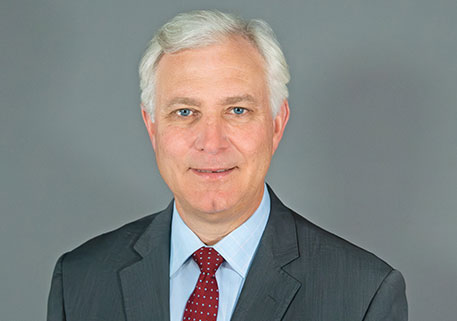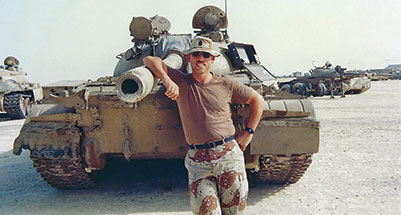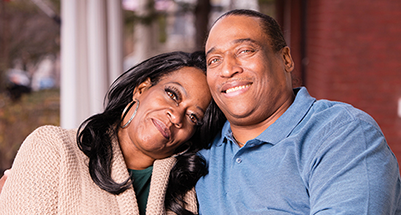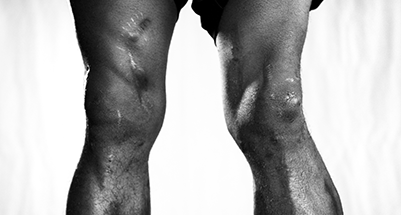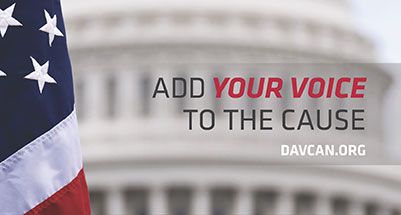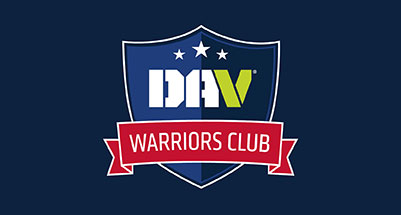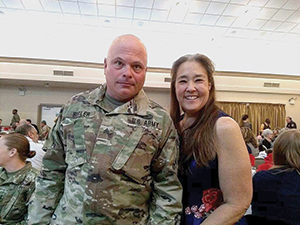
When Geri Lynn Maples’ husband was severely injured in Iraq in 2004, she felt alone, unfamiliar with the Department of Veterans Affairs and under financial pressure to find a new career.
People need to remember that supporting veterans includes the entire family, said the Middletown, Ohio, resident.
“A lot of times, and just from my personal experience, I think we get forgotten. And I think our kids get forgotten,” Maples said.
The DAV Auxiliary is effectively a support system for the families of veterans changed in service. Auxiliary units meet regularly around the country.
“We are a community of spouses, siblings and family members who are there to lend an ear or a helping hand,” said DAV Auxiliary National Commander Darlene Spence. “Many of us have shared similar experiences. We are a resource for spouses to help their families find success after active-duty service ends.”
Maples said she was dealing with figuring out the VA system and how to provide for her family for four years.
A decision to go back to college for social work, with the idea to work for the VA, led her to discover DAV and other organizations working to help veterans.
DAV provides employment support for spouses both through virtual and in-person job fairs and by providing resources to help them become successful entrepreneurs, said National Employment Director Rob Lougee.
“One way that soon-to-be transitioning spouses can prepare for the job market is to take advantage of the military and DAV’s focused resources on training for in-demand jobs across the country,” Lougee said. “That can help prepare you for job placement wherever you decide to move after transitioning out of service.”
Additionally, DAV employs transition service officers at military bases who help service members prepare for the civilian world. Transitioning military members have a chance to file initial claims for VA benefits, but they also find out about support services available for the entire family.
“It’s important to talk with your spouse and service officer about programs that can help make the transition easier for the entire family,” said National Service Director Jim Marszalek. “DAV is here to help guide you to a host of resources, from assisting caregivers to helping find treatment and therapy options for post-traumatic stress, which can affect the entire family.”
Eve Butler, of Killeen, Texas, said she still looks for spouses to connect with a little more than two years since her husband, Dennis, medically retired from the Army.
She was active in Fort Hood’s family team-building program and still keeps up with people she knew on base. But many of them have moved elsewhere across the country.
She said she found a veteran spouse support group in 2020 and participated in a 12-week peer program. It helped, but she’s still looking for a core group to talk with regularly. More needs to be done by the military to help spouses who now are in a position of helping their partner deal with a harsh new reality, she said.
“Everything was focused on him for probably about a year to find him a purpose, because he’s 100% [disabled],” she said. “It was, what hobbies or activities can I get him to do? I didn’t focus on myself because I was focused on him.”

